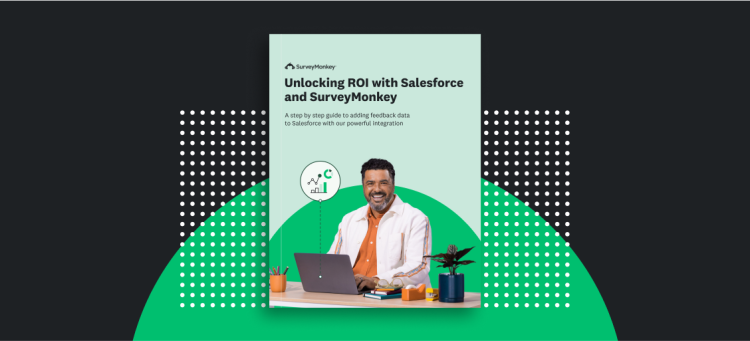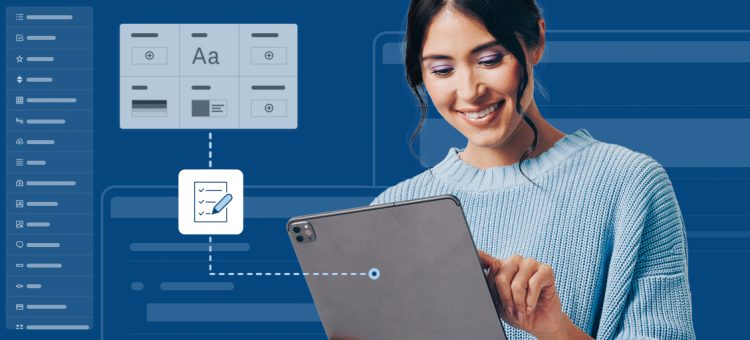People who fill out SurveyMonkey surveys often ask whether their answers are truly anonymous. Fair enough, too. In the age of hacks and breaches, you need to be careful with your personal data. Plus, if you’re filling out the latest staff survey, you’ll want to know whether your feedback on SurveyMonkey can be traced back to you. Might make for an awkward Friday night at the pub otherwise… To put your mind at ease, we’ve pulled together answers to common questions about anonymity and privacy.
Is SurveyMonkey anonymous?
Well, it depends. SurveyMonkey can be used to create surveys which are completely anonymous, as well as ones where you’re identifiable. We’re all about transparency, and we encourage survey creators to explain in their invitation whether the survey will be anonymous, or to list the information they’ll be collecting, so that you know from the word go.
Creators can easily set up their survey so that it doesn’t gather any personal information about you. All they need to do is turn on Anonymous Responses in each collector they use. (A collector is a method of sending out the survey, like email invites, web links, or social media).
Understandably, some creators want to keep track of who’s completed their survey, so they can follow up with those who haven’t yet, or just see overall numbers of opens or completions. With SurveyMonkey, email invites and survey responses are tracked separately. This allows creators to check in on email invitations while your responses remain anonymous.
However, in some situations, survey creators don’t want their survey to be anonymous. Imagine an organisation’s HR team wants to understand how satisfied employees are with their professional development opportunities. They’d find it helpful to filter responses by job level or category, so they can see which groups are satisfied and which aren’t. In this case, the survey might explicitly ask for details—maybe your job level, team or role. Sometimes you might even be asked to provide your name and contact information. Some of our survey creators use our nifty custom data or custom variable functions. Doing this means SurveyMonkey can identify respondents, and creators can see individuals’ answers to a survey.
If it’s unclear whether a SurveyMonkey survey is anonymous or not, the best thing to do is ask the person or company that sent you the invitation. Make sure you read their privacy policy too, so you know how they’ll collect and store your data.
Does SurveyMonkey collect IP addresses?
Yes, we do. By default, SurveyMonkey records this as metadata with your survey results. And survey creators can choose to either view these IP addresses or simply switch this function off for anonymous surveys. But what does an IP address tell you? Well, it doesn’t identify respondents as individuals. However, it does indicate where you are geographically. Some survey creators find this helpful. For example, a charity assessing requirements across the UK might gain greater insight into regional differences through segmenting results by location, from John O’Groats, all the way to Land’s End.
Confidentiality with SurveyMonkey
Security and privacy are top priorities for us at SurveyMonkey. While survey creators collect responses, as the platform hosting the survey, we only collect the data we need to ensure an excellent user experience. And what we do collect is protected, aggregated and anonymised so you’re not identifiable. Therefore, SurveyMonkey is confidential. And finally, we use best practice security systems, with responses sent over a secure, encrypted connection.
Our clients are bound by our Terms of Use, which set out their requirements regarding confidentiality, privacy and keeping you informed. If you ever suspect that a SurveyMonkey survey is falsely claiming to be anonymous or is trying to gather sensitive personal information, please get in touch with us at abuse@surveymonkey.com.
For more information, see: Are my survey responses anonymous and secure?



